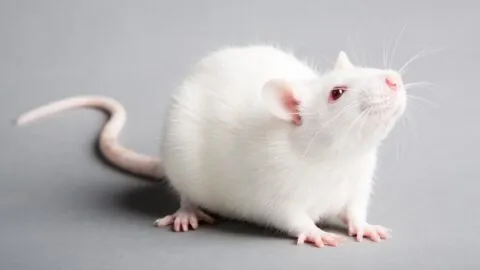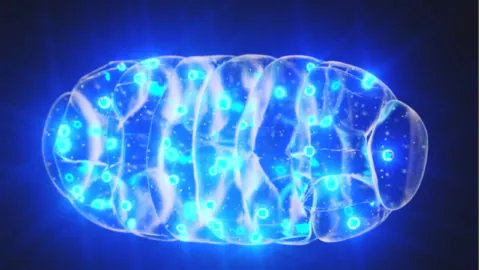January 04, 2024
In Nature Communications, researchers have published their discovery of a compound found in carrots that promotes mitochondrial health and improves the physical abilities of older mice. Walking down the caloric restriction pathway Although it is difficult to establish in human beings, caloric restriction is one of the most well-known interventions known to be effective across...
November 24, 2023
Scientists have found that in killifish, old age is associated with a dampened response to fasting and identified the protein that might be responsible. A similar mechanism might exist in humans [1]. Fast less furious Various fasting regimens are thought to confer health and longevity benefits [2], and some potentially geroprotective drugs actually mimic caloric...
November 13, 2023
Japanese researchers publishing in Aging have described how improving the AMPK metabolic pathway improves outcomes in a rat model of stroke. Targeting metabolism directly This paper begins with a look back at previous research on the focus of this study, 5′-adenosine monophosphate-activated protein kinase (AMPK). This signaling molecule is described here as 'evolutionarily conserved', meaning...
October 21, 2021
Researchers publishing in Aging have discovered that an energy metabolism compound is associated with a protein that suppresses amyloid beta in a mouse model of Alzheimer's. The compounds involved The researchers describe nicotinamide mononucleotide adenylyltransferase 2 (Nmnat2) as a key co-factor for energy metabolism. This compound is involved in creating NAD+, which is essential in...
August 05, 2021
We take a look at berberine, a popular supplement in the life extension community that is often touted as being similar to metformin. What is berberine? Berberine is an ammonium salt from the protoberberine group of benzylisoquinoline alkaloids. It is part of a group of naturally occurring alkaloids that mostly contain basic nitrogen atoms. Berberine...
June 02, 2021
A new study conducted by a team of Japanese scientists and published in Scientific Reports details how cells can have their damaged mitochondria destroyed and replaced with healthy ones, offering a potential solution to the problem of mitochondrial dysfunction. Why we Age: Mitochondrial DysfunctionAs they age, the mitochondria in our cells lose their ability to...






